It’s easier than on earth!
Category: Elon Musk
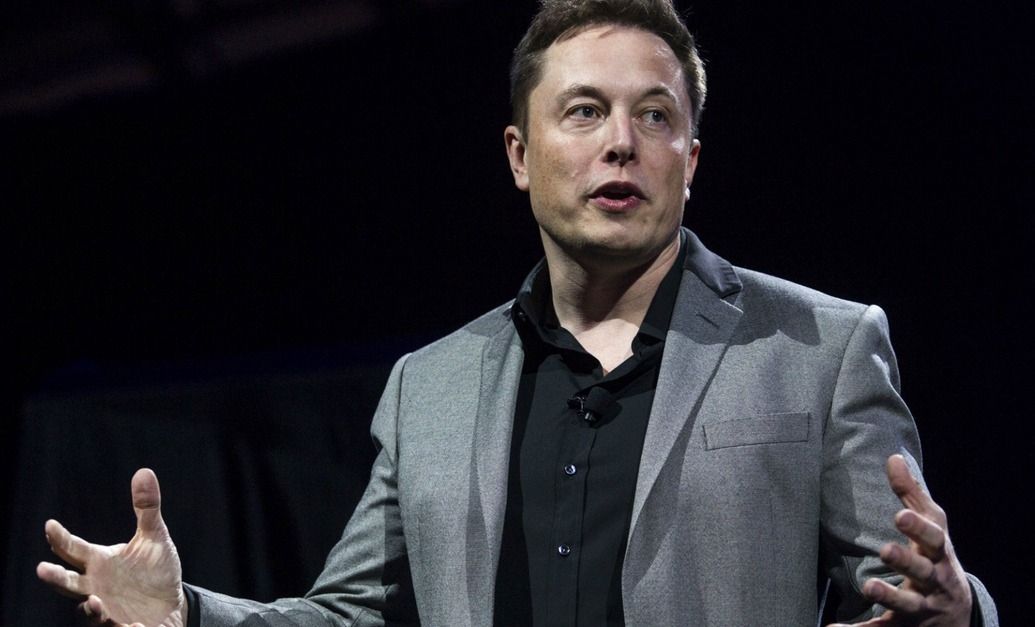
Elon Musk has been seriously thinking about an electric jet
Tesla CEO Elon Musk, speaking at the Hyperloop Pod Competition this week, said he has been thinking more and more about electric jets.
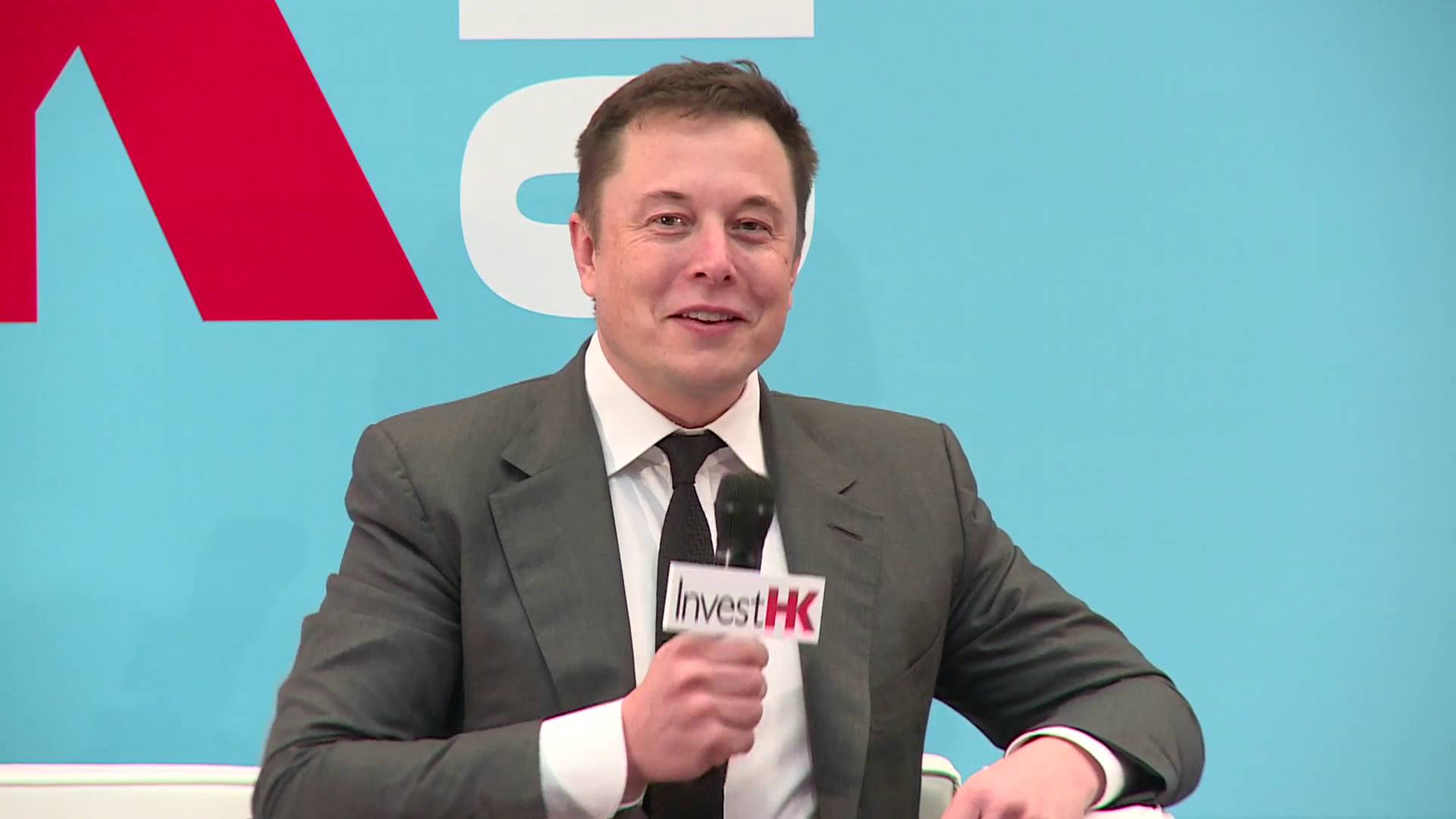
Elon Musk and Spacex to reveal the Spacex Mars roadmap at IAC from Sept 26-30th 2016
At the StartmeupHK Festival in Hong Kong, Musk stated that he was prepared to unveil SpaceX’s Mars roadmap at the International Astronautical Conference, which will take place from September 26 to 30 in Mexico. And according to Berger of Ars Technica, Musk’s plan may call for the kick-off of humans to Mars by 2025, a fairly ambitious goal that puts it nearly a decade ahead of NASA’s nebulous Mission to Mars plans.
SpaceX is working on the Falcon Heavy, a rocket ready to debut later this year capable of lifting 58 tons of material into Low Earth Orbit, which is about four times the lifting power of the Falcon 9. It’s specs are just a few hairs short of NASA’s own Space Launch System, the largest rocket since the Saturn V rockets that carried out the Apollo moon landings.
The Spacex Mars plan may include discussion of both a super-heavy rocket as well as starships that could ferry large numbers of people from Earth to Mars, known as the Mars Colonial Transporter.

Top 6 Ways Technology Will Make You Immortal
Becoming immortal is one of mankind’s many quixotic notions that most people will relegate to the world of fantasy and science fiction. However, there is a subset of prominent scientists who believe that immortality is not only attainable, but it is something that will come to fruition in as little as 25 years. This idea is shared by men like Google’s Director of Engineering, Ray Kurzweil; Tesla Motors CEO, Elon Musk; and one of the most interesting presidential candidates outside of Donald Trump and Deez Nuts, Zoltan Istvan. All three men identify as trans-humanist, and for those who don’t know, trans-humanism is the idea that mankind will one day be able to transcend our biological limitations through the use of science and technology; not to mention, the movement has accumulated over 3 million supporters worldwide. So the question remains, with the multitude of prominent intellectuals who believe immortality is a tangible goal, just how will they go about achieving it? Well, the six answers below could possibly hold the key to everlasting life.
Number Six: Uploading Minds to Computers. Futurists believe that at some point in the near future we will be able to copy and scan all of the data that exists in our brains and upload the information into a computer. This will allow us to perpetually exist as incorporeal inhabitants of cyberspace. Of course, the idea of mind uploading is still purely science fiction, but if it ever becomes tangible, progeny could possibly live in a limitless world, that echoes notions expressed in the Matrix; minus the robot despots.
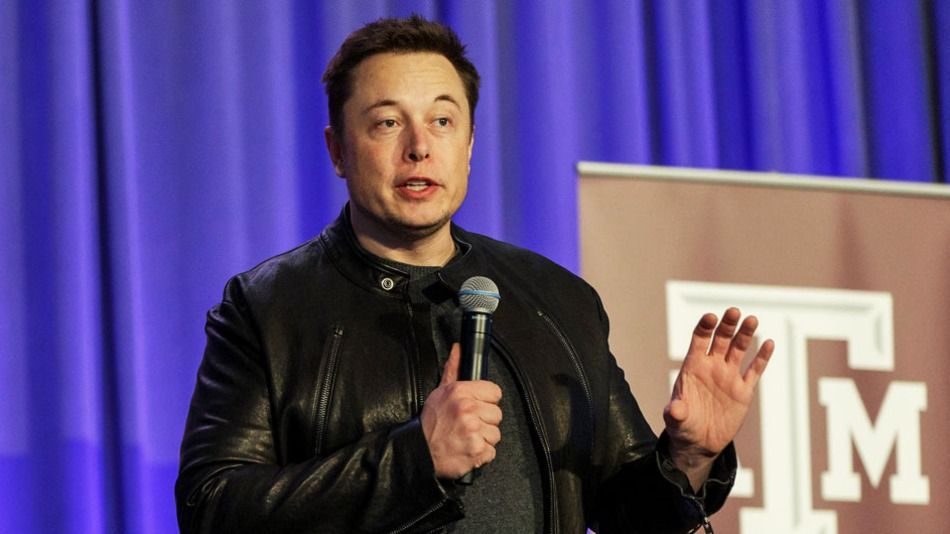
MIT team wins Hyperloop competition, Elon Musk predicts global transportation network — By Adagio Strange | Mashable
“The SpaceX Hyperloop Pod competition crowned a winner on Sunday, naming the MIT Hyperloop Team as the group with the best look at what the Hyperloop transportation pod system might look like in the future.”
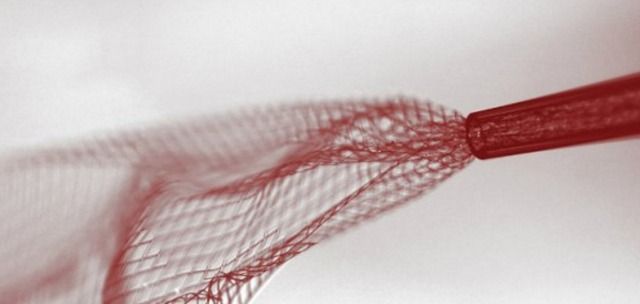
Elon Musk identifies electric aircraft, genetics and neuron scale brain computer interfaces as high potential technologies
Elon Musk, CEO of Space Exploration Technologies (SpaceX) and Tesla Motors, Inc, was at Startmeup Hong Kong and talked about what he thought were areas of technological opportunity.
At 37 minutes into this video Elon Musk talks about high potential technology like Hyperloop which he currently does not have time to address electric aircraftgenetics is thorny but is our best shot at many tough diseasesbrain computer interfaces at the neuron level has potential for intelligence augmentationNeural Lace was mentioned.
Scientists from China and the US have found a pioneering way to inject a tiny electronic mesh sensor into the brain that fully integrates with cerebral matter and enables computers to monitor brain activity.
Researchers from Harvard and the National Center for Nanoscience and Technology in Beijing have succeeded in inventing a flexible electrical circuit that fits inside a 0.1mm-diameter glass syringe in a water-based solution.
This tiny electronic mesh sensor is thin and flexible enough to be injected into the brain and gentle enough to integrate fully with brain cells, making human cyborgs a possibilityLieber Research Group, Harvard University
When injected into the brains of mice, the mesh unfurled to 30 times its size and mouse brain cells grew around the mesh, forming connections with the wires in the flexible mesh circuit. The biochemical mouse brain completely accepted the mechanical component and integrated with it without any damage being caused to the mouse.
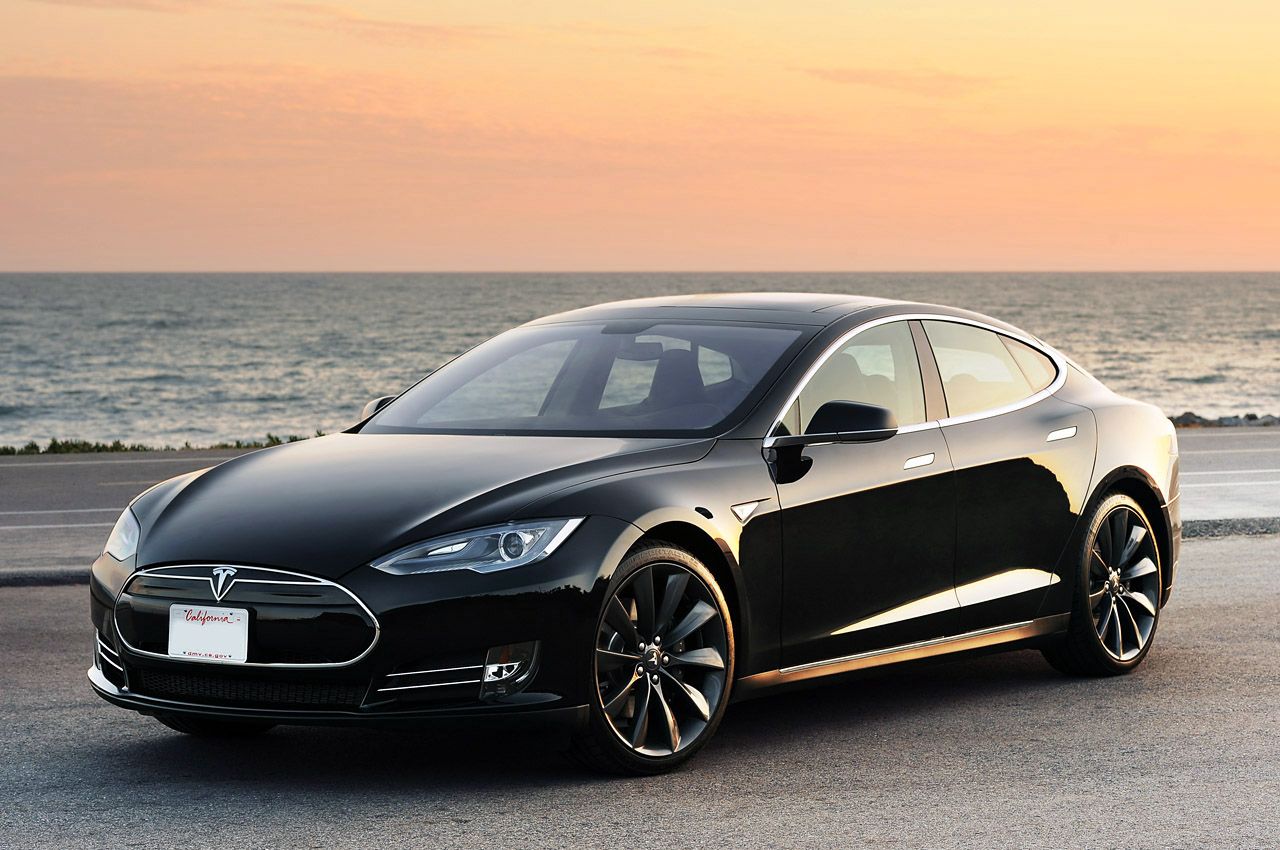
Tesla Model 3 will be unveiled in March, with budget Model Y CUV to follow
Hope it is a success; he will need it.
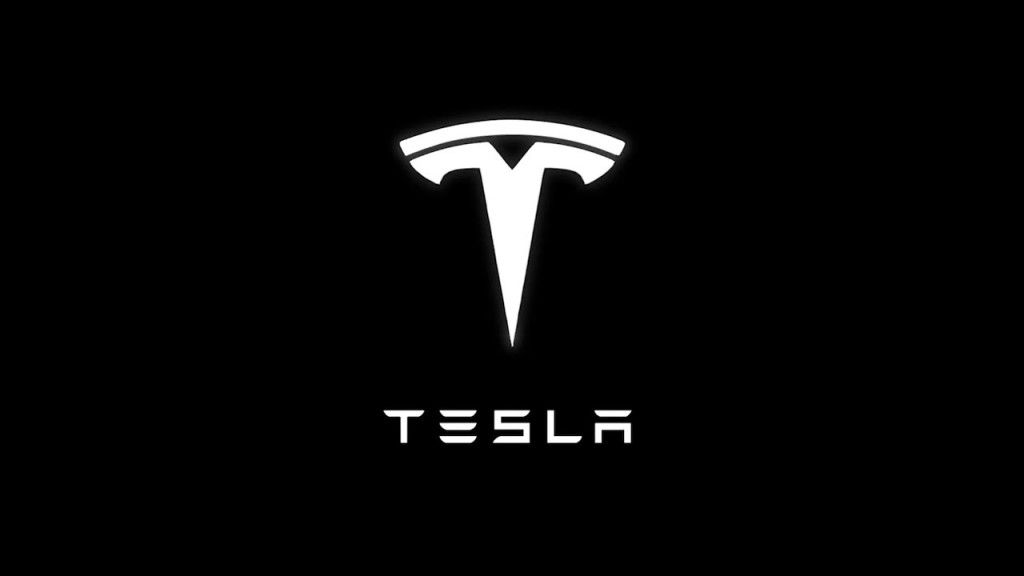 Reports claim that the Tesla Model 3, the Palo Alto automaker’s long-awaited electric car for the masses, will be unveiled in March. Better yet, the company also has a Model Y compact crossover planned for the future, though details on this vehicle are largely limited to the type of vehicle it would be.
Reports claim that the Tesla Model 3, the Palo Alto automaker’s long-awaited electric car for the masses, will be unveiled in March. Better yet, the company also has a Model Y compact crossover planned for the future, though details on this vehicle are largely limited to the type of vehicle it would be.
March’s Model 3 launch will focus exclusively on the new EV – an electric sedan like the Model S, but this time sold at a more affordable price point. Tesla CEO and founder Elon Musk called the vehicle “probably the most profound car that we make” and a “very compelling car at an affordable price,” and that only adds to the hype of a car that’s expected to drive Tesla sales to 500,000 in 2020, from a mere 50,000 in 2015.
Design-wise, Musk says it will be a “slightly smaller version of the Model S” with less “bells and whistles.” Storage should be quite ample for a smaller car, considering Tesla’s use of sub-floor batteries. The Model 3’s range is expected to be upwards of 200 miles on a single charge, putting it on similar ground as Chevrolet’s recently-unveiled Bolt EV.
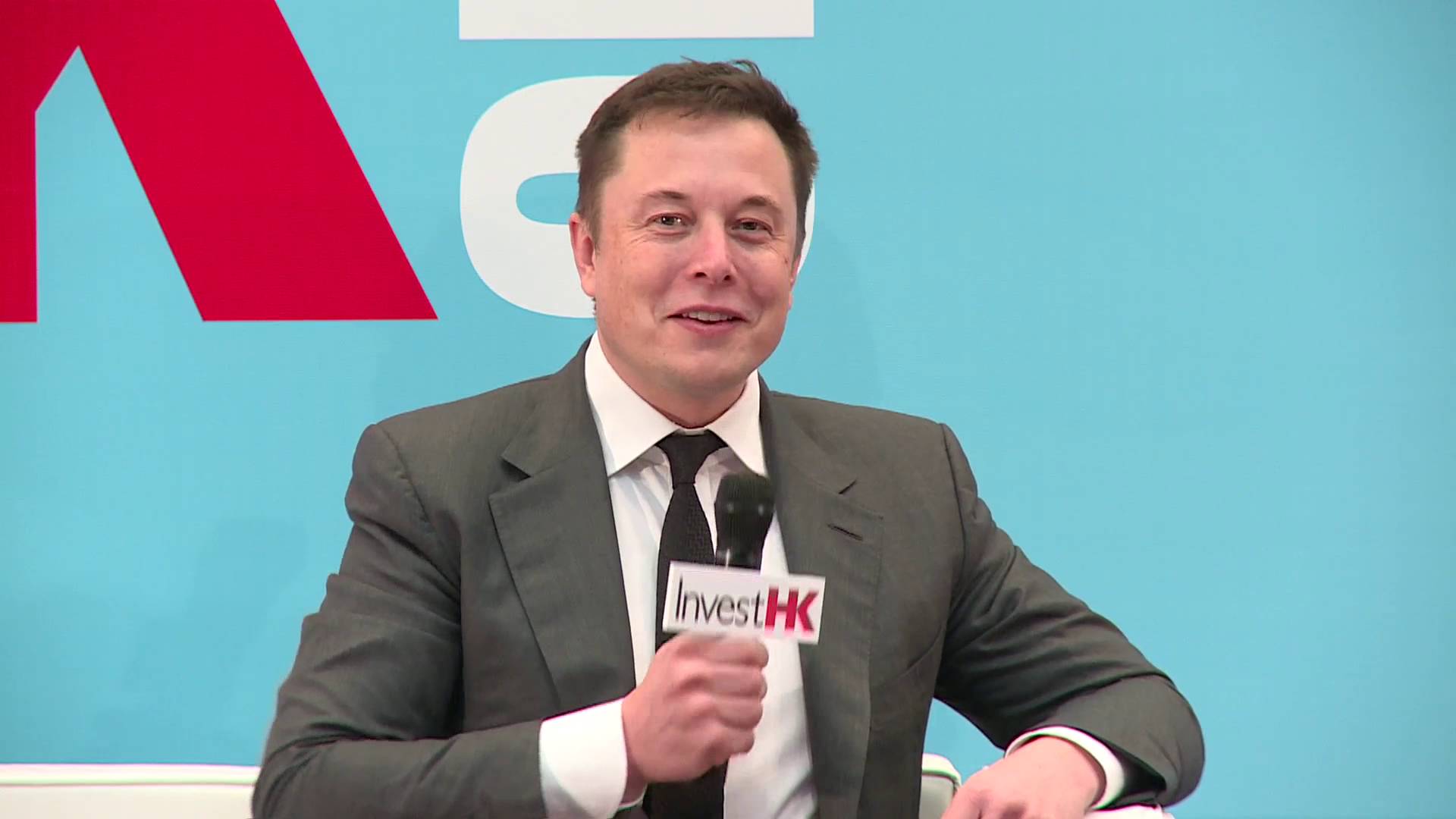
Elon Musk: SpaceX to make trip to Mars
In less than 9 yrs.
HONG KONG, Jan. 30 (UPI) — SpaceX and Tesla CEO Elon Musk said he plans to send humans to Mars by 2025.
Musk expressed his plans for the future of space travel at the StartmeupHK Festival in Hong Kong and said he plans to reach the International Space Station himself in four or five years.
“I don’t think it’s that hard, honestly,” he said. “It’s not that hard to float around.”
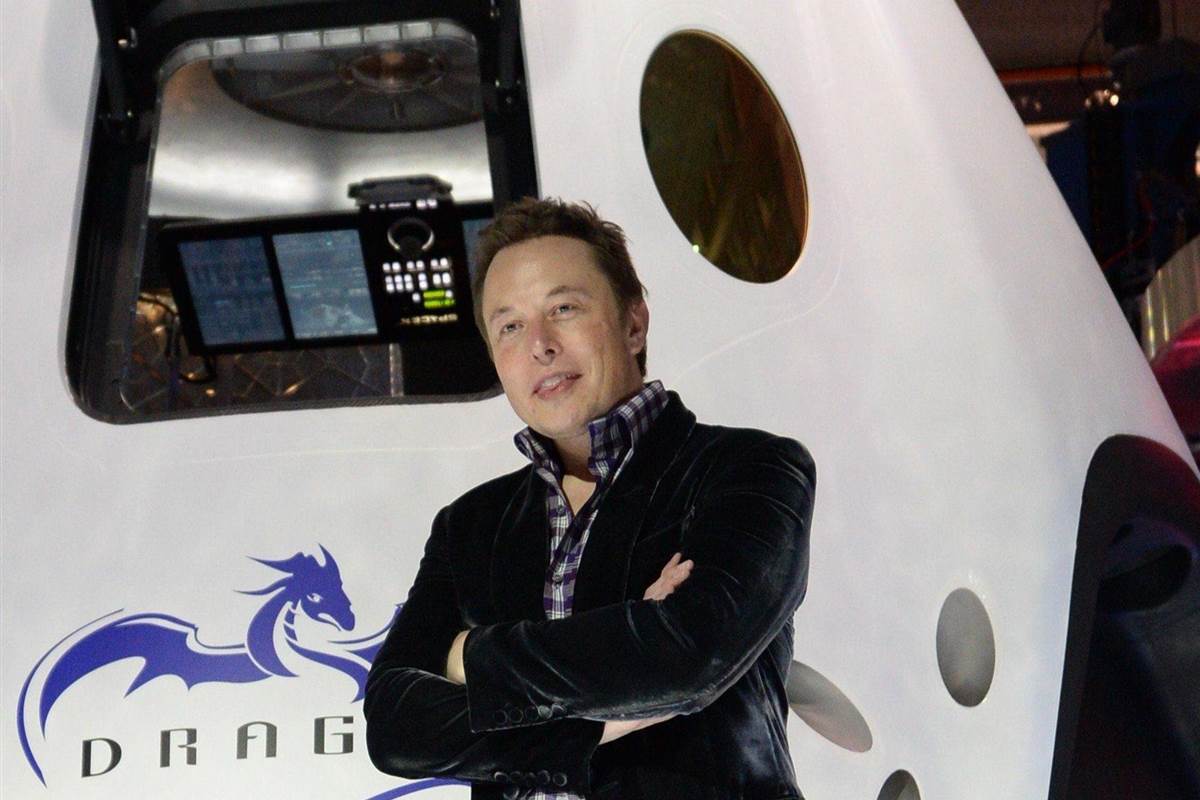
Elon Musk Says SpaceX Will Send People to Mars
Elon Musk wants to go to space within the next five years and thinks human beings can reach Mars by 2025.